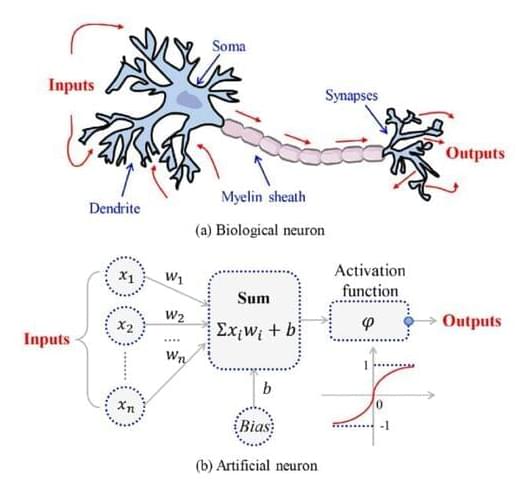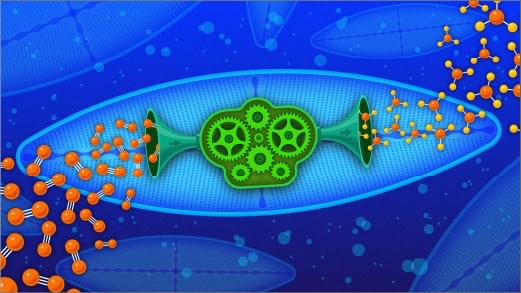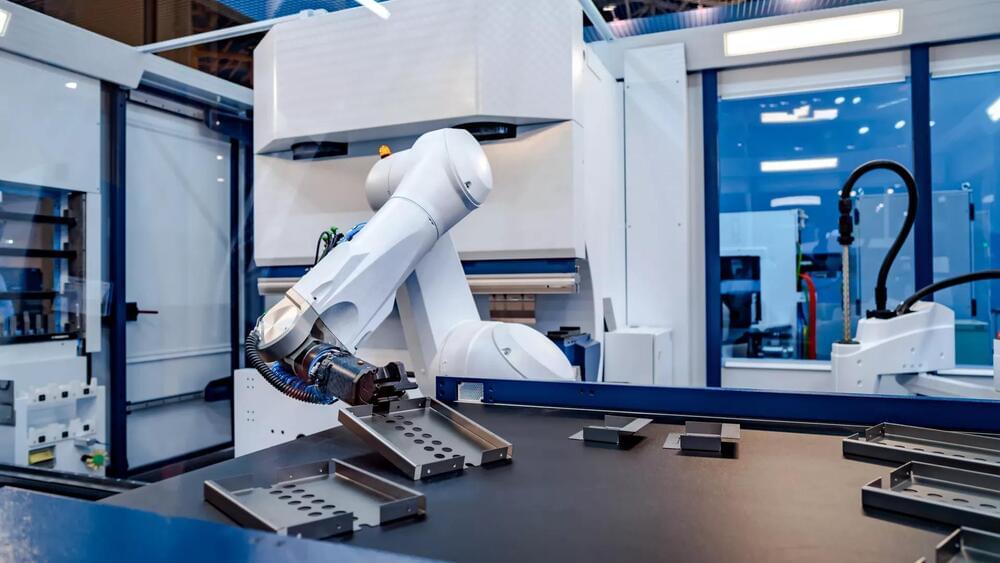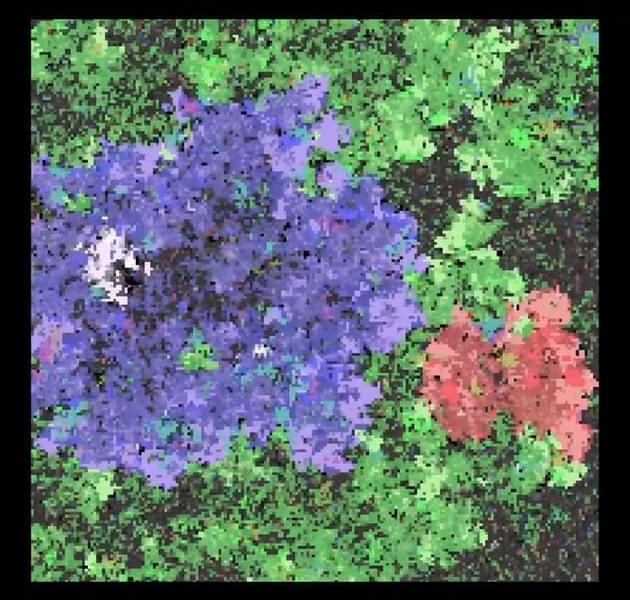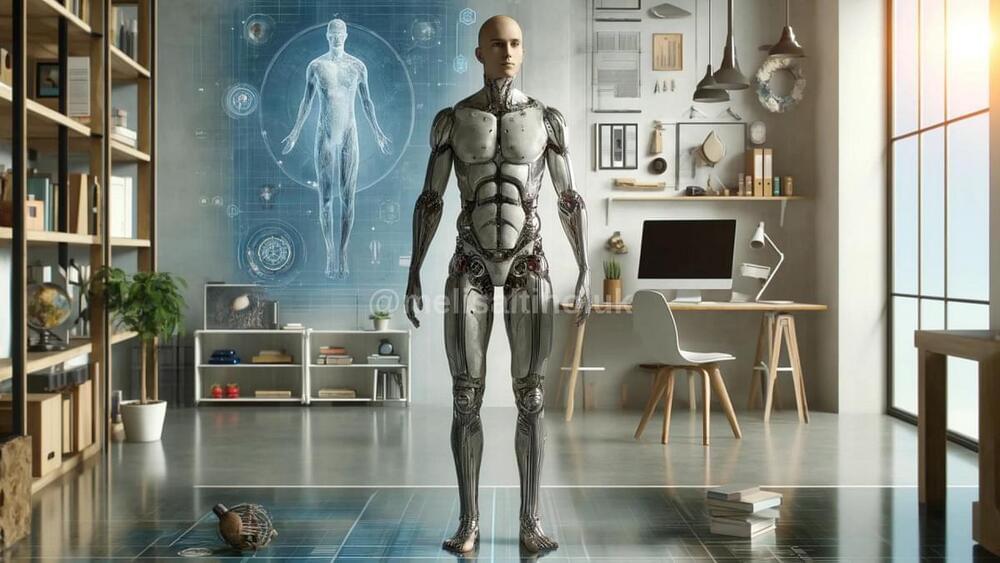Neural networks biological and artificial.
Neural Networks have found applications across various domains due to their ability to learn from data and improve over time without human intervention. They can solve challenging problems that are hard or impossible to solve using traditional methods. Here are some of the examples of how neural networks and artificial neurons are used in real-world scenarios:
Voice assistants: Voice assistants like Siri and Alexa use neural networks to understand spoken language commands and questions. They use trained models based on artificial neurons processing vast datasets of speech and text data. They can also generate natural-sounding responses and perform various tasks, such as playing music, setting reminders, searching the web, etc.
Self-driving cars: Self-driving cars use neural networks to perceive the environment and make decisions. They use trained models based on artificial neurons processing vast datasets of images, videos, and sensor data. They can also learn from their own experiences and improve their driving skills over time.
